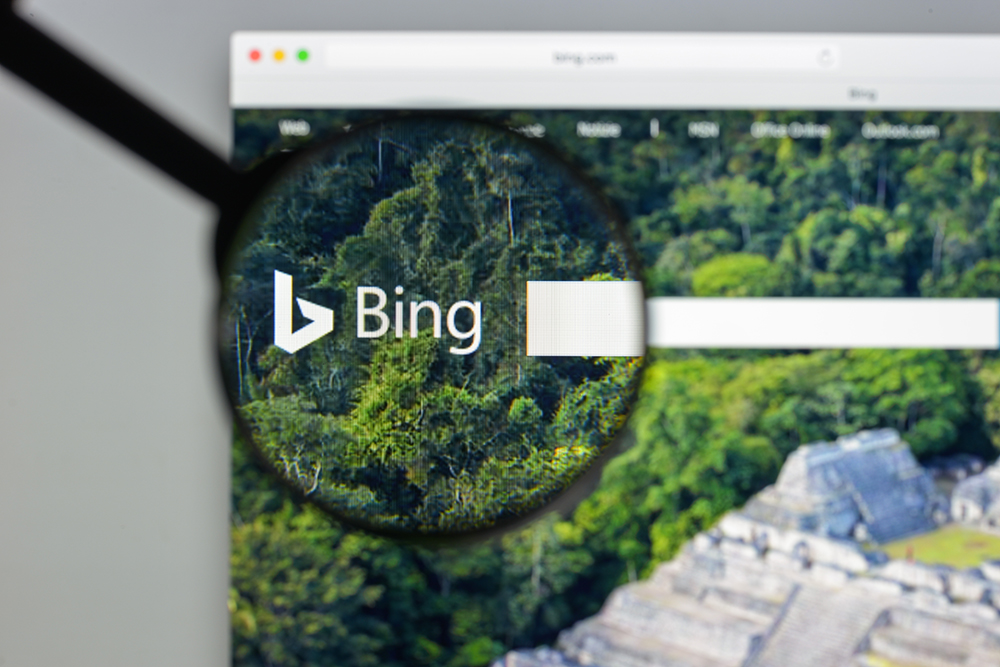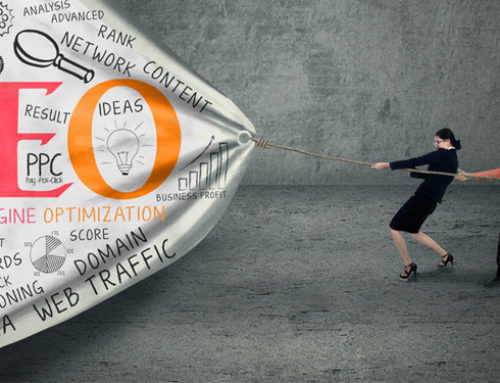With the explosion of Bing.com onto the search marketing scene, search engine optimizers and internet marketers alike have been questioning the overall differentiation in search algorithms in contrast to the great Google monster. It’s time to get nerdy here, and without hindering away from the Geek Speak, let’s assess whether or not we should be tailoring our SEO tactics to accommodate Bing.com.
Firstly, let’s look at the structure of Bing search in comparison to Google. A simple search for a retail product, let’s say, ‘iphone’ will return search results as organized into 3 distinct formats. On the far left ‘related searches’, also known as the ‘explorer pane’ which are based on relevant categories – for example, in your search for iphone you will find that the explorer pane breaks the results down into categorical tabs. As a result from this search the tabs that appear individually relate to: price, geographical region, buying, unlocking, reviews, cost and news. How does this relate to SEO, exactly? Well as a result of the explorer pane, if you’re a provider of iphone accessories for example, you should be tailoring your target search terms to match the category in which you want to be listed on Bing. It’s a new level of search refinement that experts predict will be highly favoured amongst online shoppers.
Now let’s move across the page… In the center of the Bing SERP is your archetypal search format in which the raw results are listed and ranked according to keyword relevance and authority, and then on the far right you will find your sponsored links. Sounds a lot similar to Google, right? Aside from the results page layout, the features are virtually identical. But where Bing has made this prehistoric format innovative is its caching of extended meta data – if you hover over the right hand side of a search listing a small pane appears, giving you an extended insight into the content of the web page you’re looking to view complete with some links to other elements included in that web page. This is great for organic SEO, why? Simple – more of your site text is being fed into the Bing SERP display, which means that if you’re consistent with the use of your target keywords throughout your entire site copy, you significantly heighten your chances of being indexed with higher search engine authority – but in arguing this point; Google reads the organic relevance of your site text anyway.
So is it worth alternating your SEO strategy to account for Bing’s newer features? The answer is No. Google already has, and will continue to set the standard for search engine optimization… Don’t believe me? Here it straight from the source itself:
“Ultimately, SEO is still SEO. Bing doesn’t change that. Bing’s new user interface design simply adds new opportunities to searchers to find what the information they want more quickly and easily, and that benefits webmasters who have taken the time to work on the quality of their content and website design.”– Bing Webmaster Center Team, Microsoft
At the end of the day, SEO is all about the quality of your content, intelligence of your site design and the execution of your targets. In essence, if you follow this universal notion, you can’t go wrong in ranking well in any SERP.
Think of Bing and Google to be similar to the video game characters Ken and Ryu from street fighter, both have similar functions, but different specialties – and one well always be favoured over the other!


